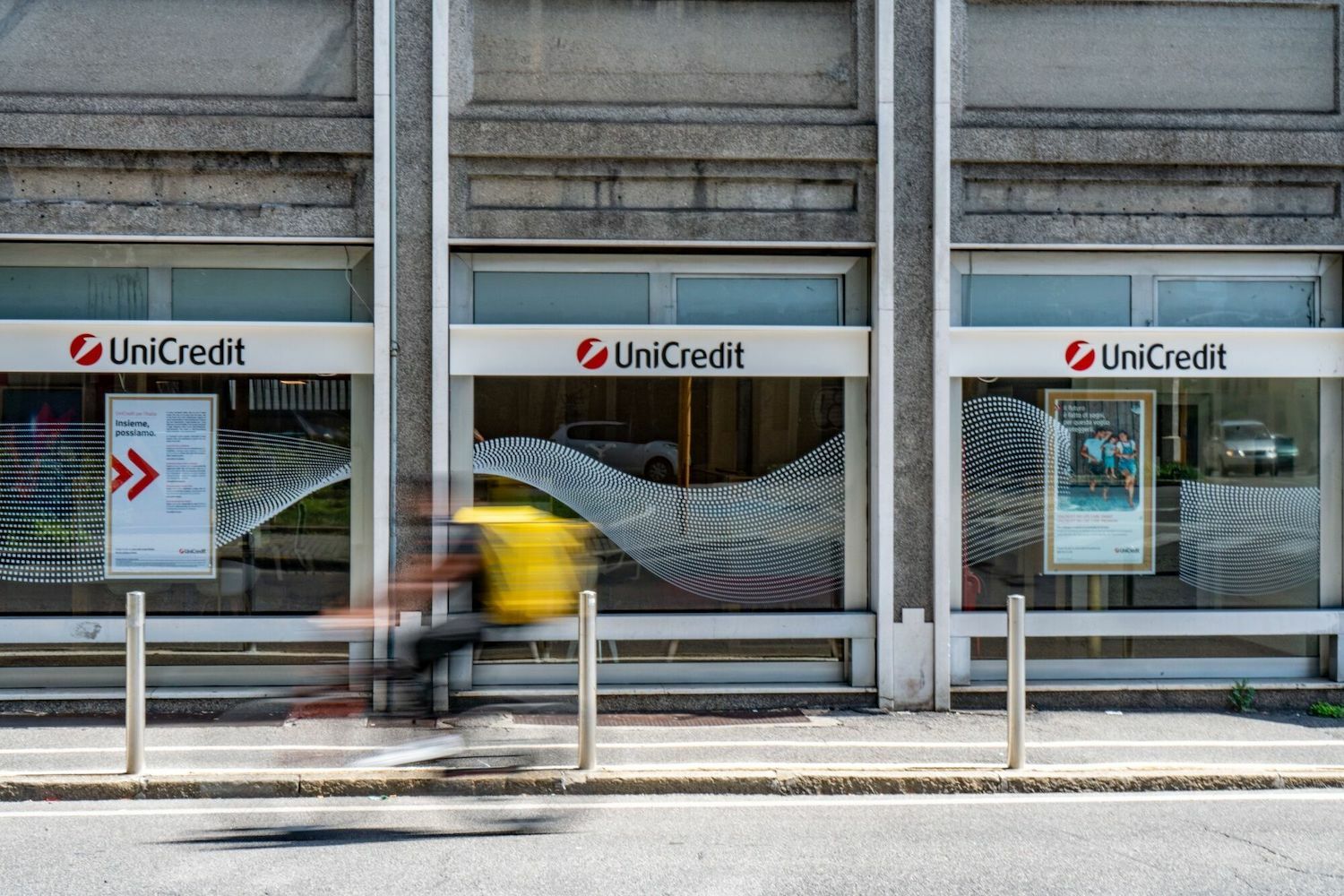Italian banks face US$10 billion loss as new tax rattles market

An unforeseen tax on banks’ extraordinary profits, instigated by Italy’s conservative regime, has taken markets by surprise, causing an approximately US$10 billion decline in Italian lenders’ market value.
The proclamation came late Monday night from Matteo Salvini, the Deputy Prime Minister, stating a 40% levy on excess gains from banks would be levied as part of a comprehensive decree ratified during a cabinet assembly. According to Bloomberg Intelligence, the tax could cost banks more than 3 billion euros (US$3.3 billion). Analysts at Citi say that hit could wipe out 19% of all bank earnings, reported Bangkok Post.
The tax initiative targets the improved interest profits from the rate augmentations by the European Central Bank (ECB), as highlighted by a government declaration yesterday. The government’s primary objective revolves around a cost-effective approach to fund aid for families distressed by the living-cost crisis, which includes tax reductions and mortgage aid for first-time buyers.
Nevertheless, this initiative demands official parliamentary sanction and could also face possible amendments. Its similarity to a scenario in Spain raises the possibility of it being contested in court.
Italian banks yesterday were underperforming European stocks, pushing the Stoxx Europe 600 Index into a decline. UniCredit shares fell up to 6.7%, and Intesa Sanpaolo shares dropped around 8.6%. Consequently, banking share depreciation eliminated nearly 9.5 billion euros from the country’s lenders’ market value.
Global multi-asset strategy head of JP Morgan Chase Bank John Bilton expressed apprehensions about “the motivations of the Italian economic policy.” This move follows a period of record earnings reported by Italian banks, with the likes of Intesa and Unicredit elevating their annual guidance consistently based on aggressive ECB policy-tightening measures. As a case in point, UniCredit’s net interest income in the first half swelled by 42%.
Per Bloomberg Intelligence (BI), Italian lending institutions and banks, particularly domestic lending, could collectively owe taxes exceeding 3 billion euros, if the government’s extraordinary levy comes into effect. This trend aligns with apparent patterns across Europe, as consumers suffer a cost-of-living crisis while banks announce massive share buybacks, continuing to reap benefits from higher interest rates and solid stress-test performances.
A UniCredit spokesperson declined to comment on the newly proposed levy, while Intesa Sanpaolo representatives were unavailable. Antonio Tajani, another Italian deputy prime minister, blamed the ECB for the predicament.
“We have been saying for months the ECB was wrong to raise rates and this is an inevitable consequence.”
The Italian government will rake in over 2 billion euros from the bank tax, according to Luigi Tramontana, a Banca Akros analyst. The government has the option to opt for the higher amount, as per official statements, and use the accumulated funds to lessen inflation-induced pressure on families and firms.
The initial option imposes a 40% levy on the net interest income difference between 2022 and 2021 provided the difference exceeds 5%. The alternate option targets the difference in net interest income between 2023 and 2021 — with a threshold of 10%. The tax cannot surpass 25% of a bank’s shareholders’ equity.
UK banks face allegations of “profiteering,” with their lending margins benefitting from soaring interest rates more than their savings offers while putting customers under added pressure.
The UK financial watchdog recently instructed the banks to increase access to their best savings rates. A rising call for more windfall taxes is palpable among opposition politicians, in light of the persisting living-cost crisis.
Lastly, in Spain, the government left investors stunned with the declaration of a steep tax on banks as interest rates reached new highs last year, aiming at raising 3 billion euros over two years. Spain’s top lenders, including Banco Santander and Banco Bilbao Vizcaya Argentaria, hinted at a legal fight against the tax imposition.
Latest Thailand News
Follow The Thaiger on Google News:


























